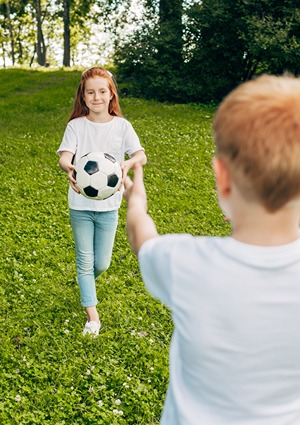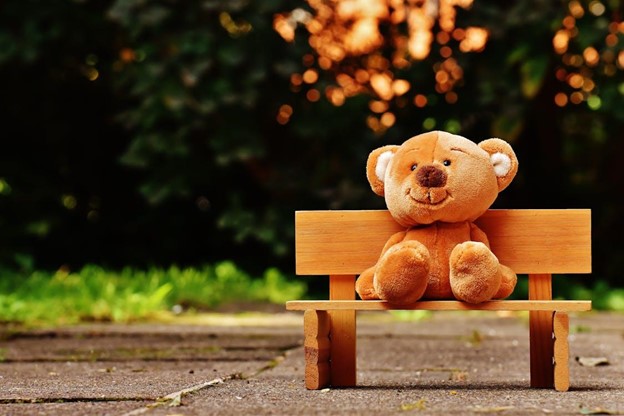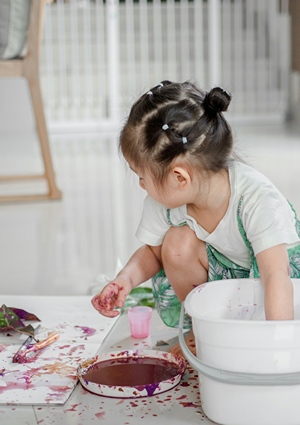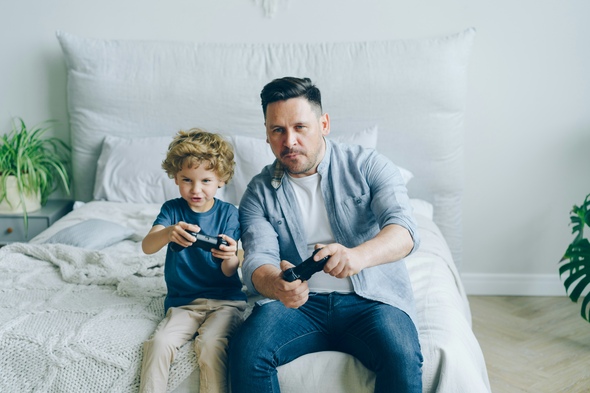6 Favorite Birthday Treat Ideas For School
Are you struggling to plan your child’s birthday treat boxes for school? These 6 ideas are perfect to make the celebration even more worthwhile. Parents can find these ideas super budget-friendly and surely please other kids.
Choosing a good company is very important when it comes to selecting multiple birthday treats. That’s why to make parents feel less stressed, we’ve arranged 6 favorite birthday treat ideas for school.
Planning a birthday party for your child at school and want to keep it budget-friendly? Look no further! We have a list of affordable and hassle-free food ideas that both kids and parents will love. These ideas include a variety of snacks, candies, and desserts that are sure to be a hit with the kids and will keep the parents happy too. From tasty finger foods to delicious sweet treats, we have you covered.
6 Favorite and Delightful Birthday Treat Ideas For School
These six ideas will surely relieve your tension as a parent. Check out the ideas below and choose the one that best suits your kid’s style and needs.
Brownie and Cookie Selection Box
Kids are super excited when they hear the name of brownies and cookies, so giving them a birthday treat for school is a wonderful idea. Chummys Bakery is delivering an outstanding collection of brownies and cookies in a box throughout the UK. The bakery has customized options where customers can select a variety of flavors. By doing this, parents can make a personalized brownie or cookie box for their kids’ friends to send as a school birthday treat.
Customized Cupcakes
Consider choosing cupcakes instead of a cake for less hassle. They don’t require cutting and are easy to serve. Ice cupcakes in different colors and arrange them in a fun pattern or spell out your child’s name. Provide sprinkles and decorations for guests to create their own cupcakes. Having cupcakes as a school birthday treat is another great option because they are easy to eat. Kids don’t need any plates or other cutlery to eat cupcakes; they just grab the cupcakes and enjoy.
Bakery Style Sandwiches – Sugar Coated
Life is busier than ever, leaving no time to slow down and enjoy the moment. Who has time to bake for an occasional binge-worthy indulgence? That’s why this special option is here. Parents can make treats with customized options, from cookies to brownies or mini-desserts. Every choice will satisfy your cravings and impress your guests. Sugar-coated bakery-style sandwiches are the perfect choice to celebrate birthday events. Kids love to eat sugary items, and preparing a sandwich with sugar-coated makes them eat the whole one.
A Box Of Gummies
These gummies may look great, but remember, it’s what’s on the inside that matters. Find a box of gummies with different flavors, such as Cherry, Pink Grapefruit, Orange, or more. These flavors are too good to eat, and kids love to enjoy every bite of tangy flavors. Enjoy these colorful, fun, and absolutely delicious sour gummi bears that stay sour for a delightful mouth-puckering experience. Boxes of gummies are one of the versatile options to use as a birthday treat for school. Children or even adults love to dig into the world of yummy gummies all around.
Party Lollipops or Cotton Candy
Indulge in the variety of hand-spun cotton candy, available in a wide range of flavors. It’s a light, airy treat perfect for sharing with friends or as event favors. If you’re ordering from outside, then make sure to grab a tub that holds 1.2 oz. of cotton candy. Kids love to eat cotton candies or lollipops as a birthday treat in school. Also, parents can use this option as a perfect for gifts or party favors. These tubs can provide a shelf life of a few months when properly sealed and stored away from heat and direct light.
Pack of Popcorns For Individuals
Pipcorn offers a unique taste that sets it apart from ordinary popcorn snacks. This may be why Oprah has chosen it as one of her Favorite Things! Pipcorn is also more nutritious, containing fiber, antioxidants, and vitamins. You can find packs of pipcorn for individual kids to celebrate birthdays at school. Pipcorns are one of the best snacks to eat anytime, anywhere. For parents, another idea is to prepare a personalized box with a variety of other essential items. For example, add some hard candies, jellies, and bounties, along with popcorn, to make the box look more appealing.
Conclusion
For a more memorable candle-blowing experience, consider getting a festive birthday cake. If your child is passionate about superheroes, motorcycles, or Clifford, a themed cake could be the perfect choice. Many famous and affordable bakeries offer delicious theme cakes. Additionally, many local supermarket chains offer tasty, customizable, and budget-friendly options. These 6 birthday treat ideas for school, along with a theme cake, offer a perfect moment for your kids. We understand how kids love to celebrate birthday parties, whether they’re at home or school. And sending a birthday treat box for your kids’ school friends makes everyone happy and super cherished for the moment.











